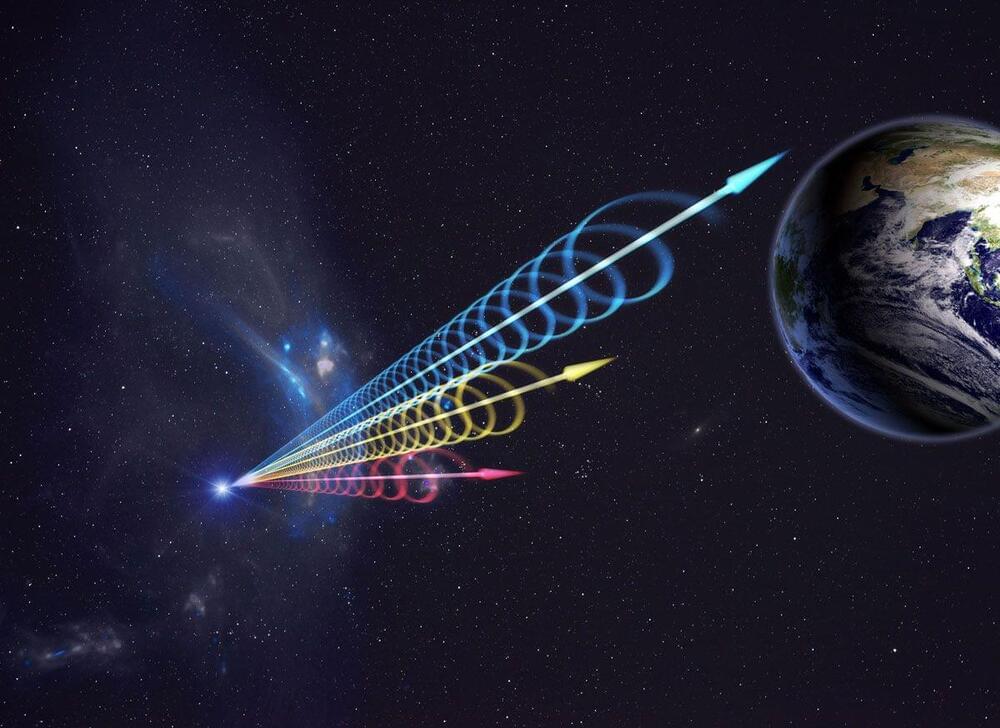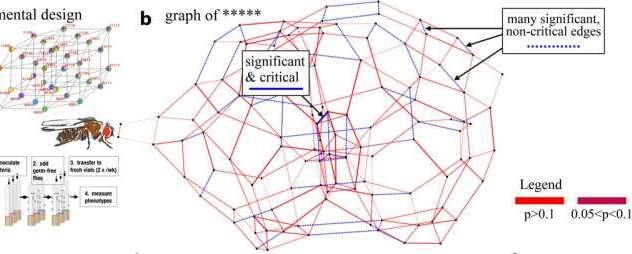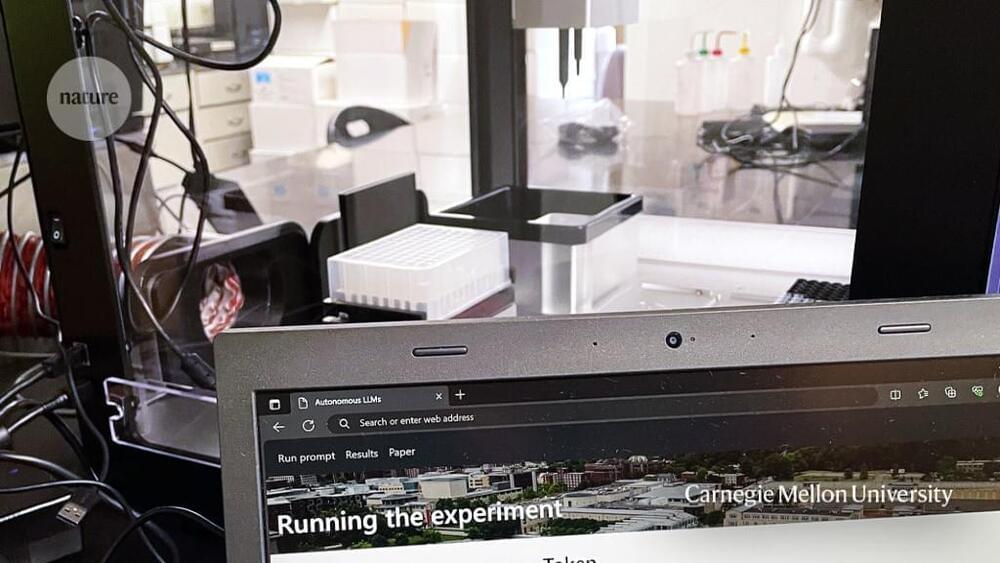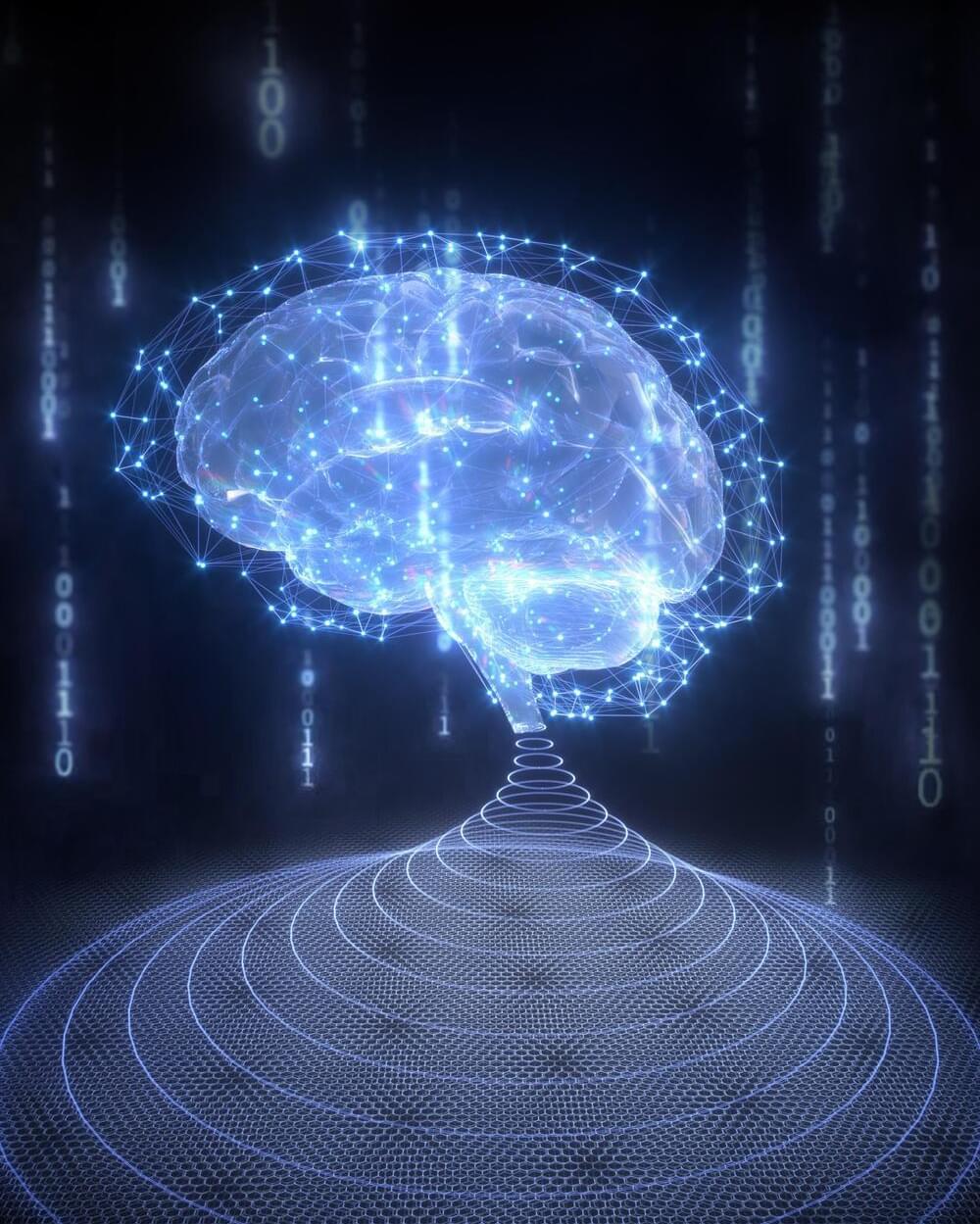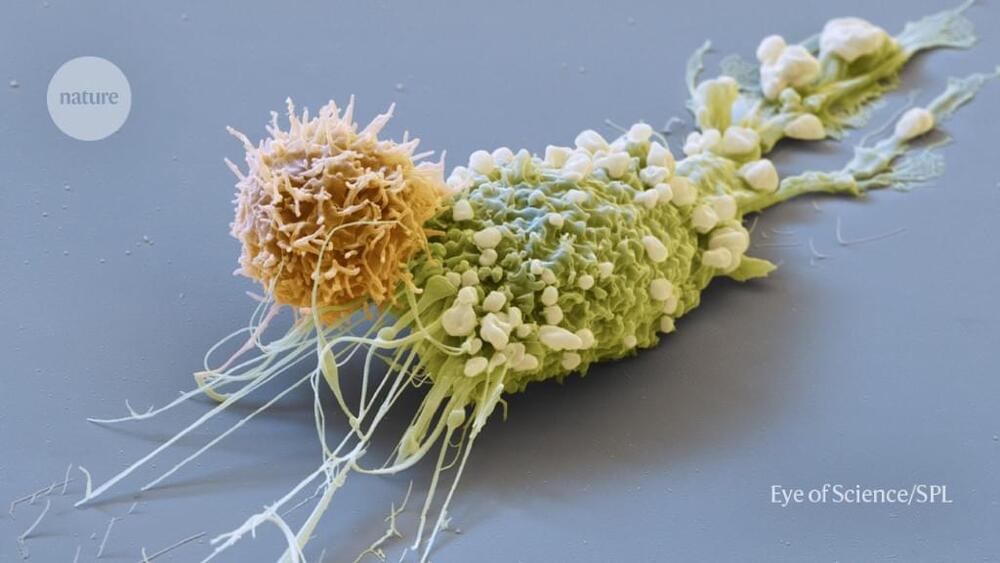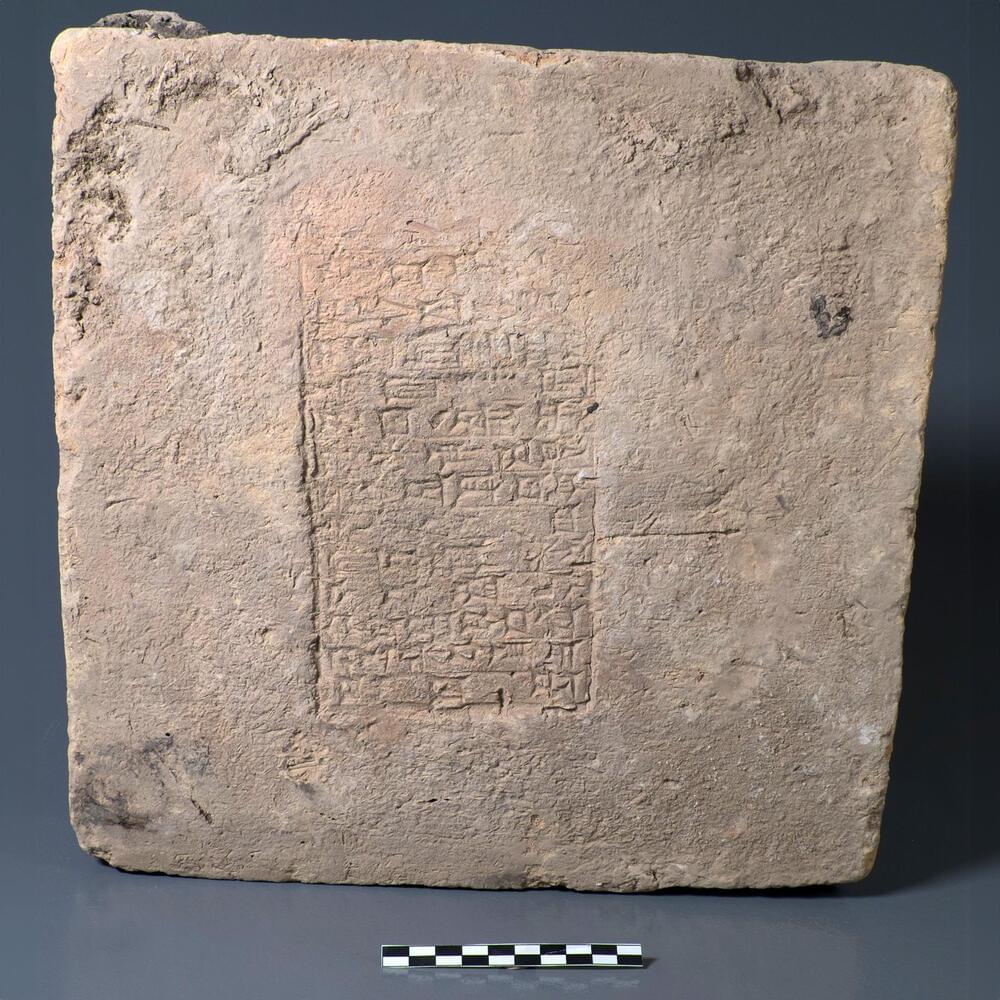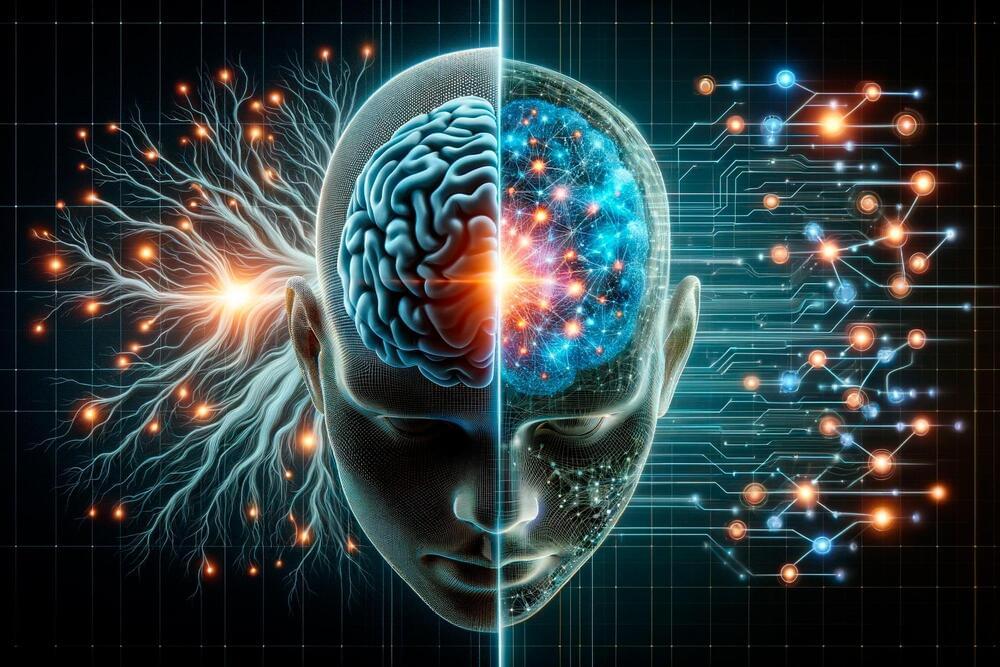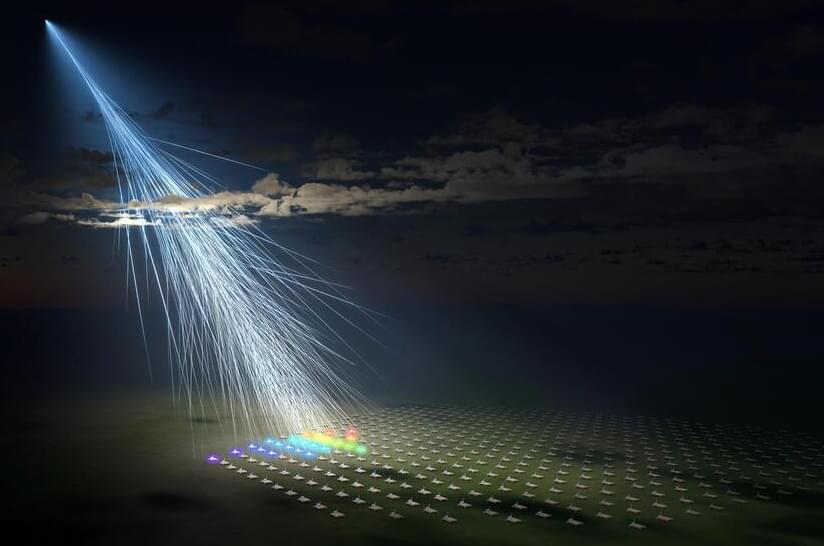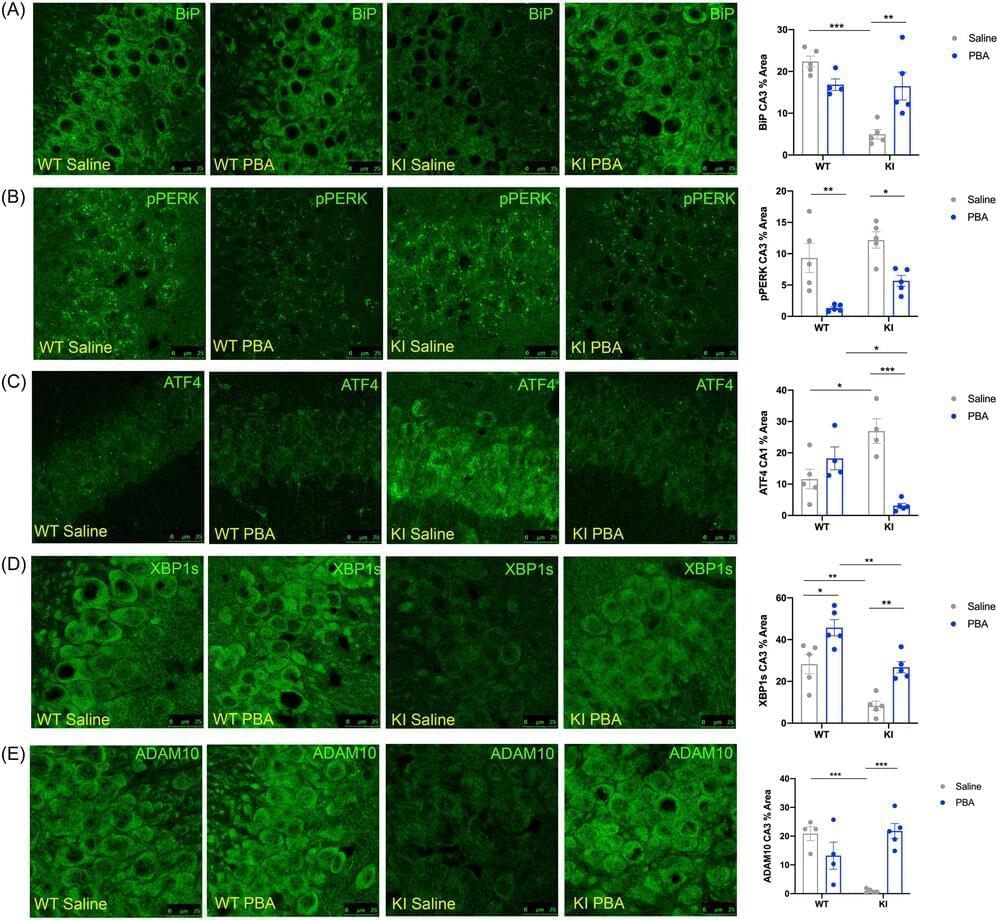
A “chaperone” molecule that slows the formation of certain proteins reversed disease signs, including memory impairment, in a mouse model of Alzheimer’s disease, according to a study from researchers at the Perelman School of Medicine at the University of Pennsylvania.
In the study, published in Aging Biology, researchers examined the effects of a compound called 4-phenylbutyrate (PBA), a fatty-acid molecule known to work as a “chemical chaperone” that inhibits protein accumulation. In mice that model Alzheimer’s disease, injections of PBA helped to restore signs of normal proteostasis (the protein regulation process) in the animals’ brains while also dramatically improving their performance on a standard memory test, even when administered late in the disease course.
“By generally improving neuronal and cellular health, we can mitigate or delay disease progression,” said study senior author Nirinjini Naidoo, Ph.D., a research associate professor of Sleep Medicine. “In addition, reducing proteotoxicity— irreparable damage to the cell that is caused by an accumulation of impaired and misfolded proteins—can help improve some previously lost brain functions.”
